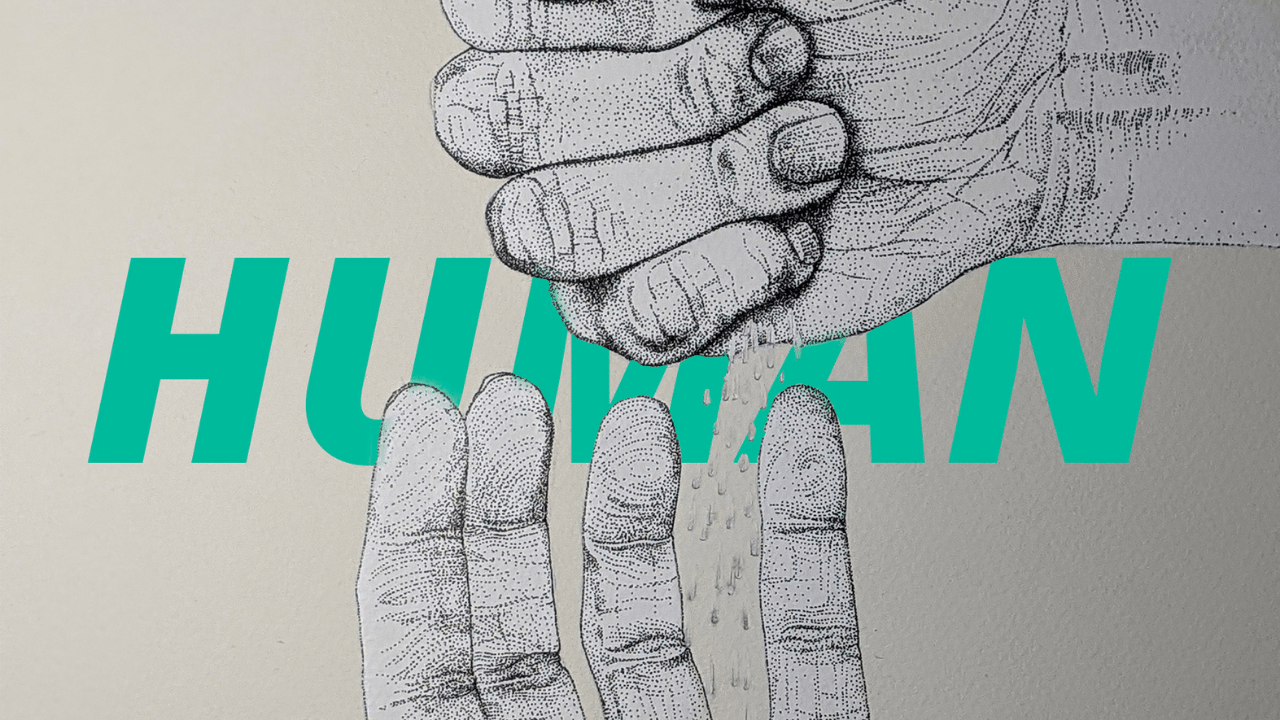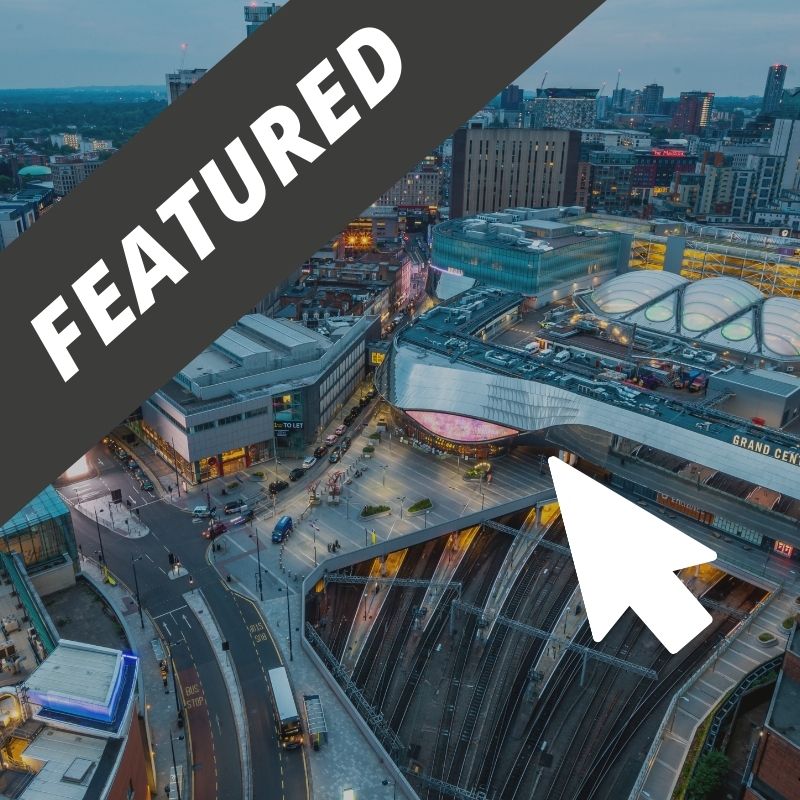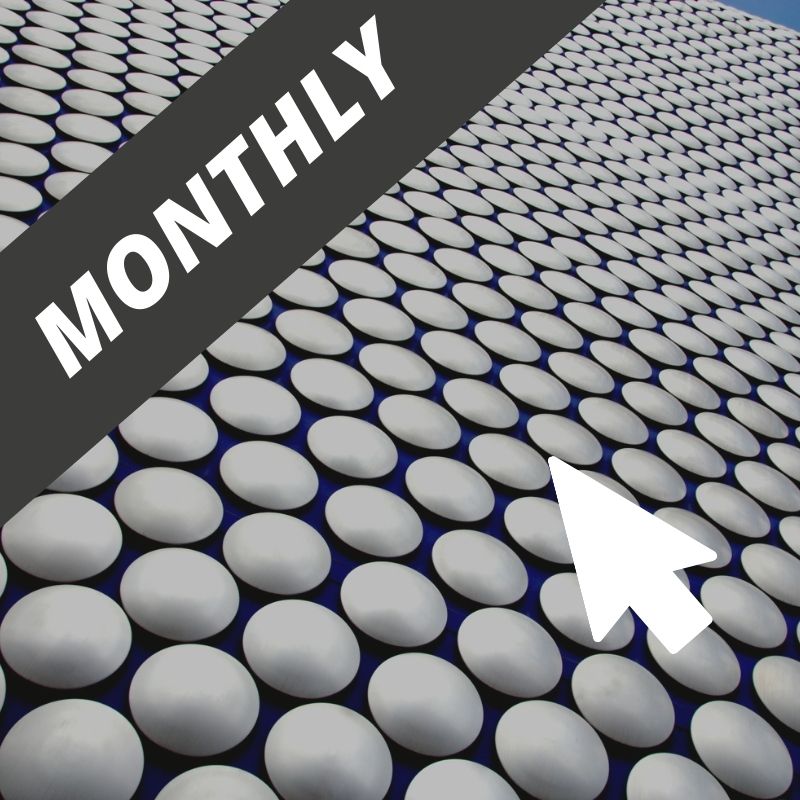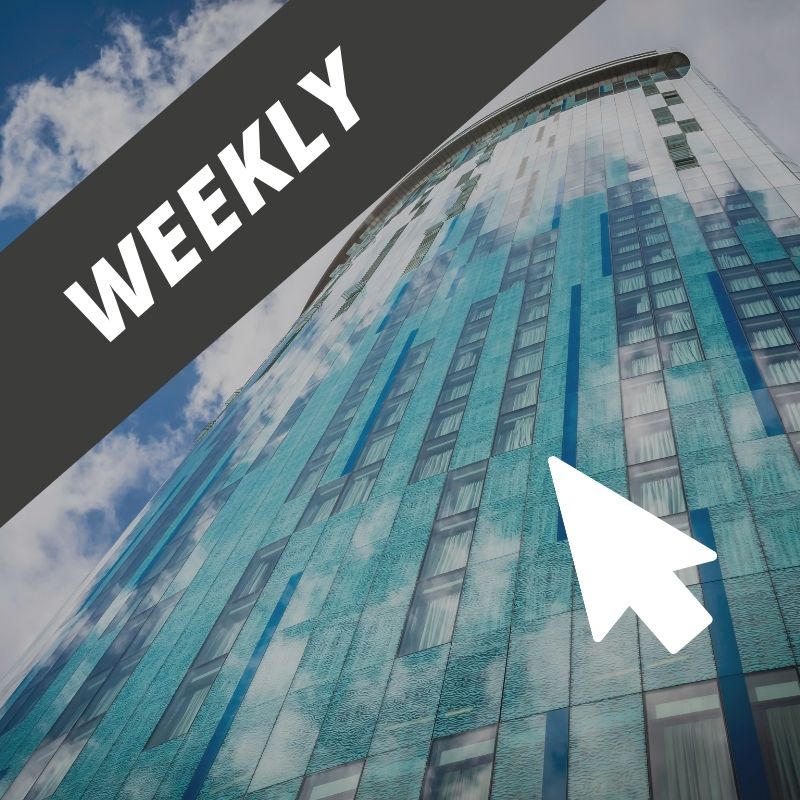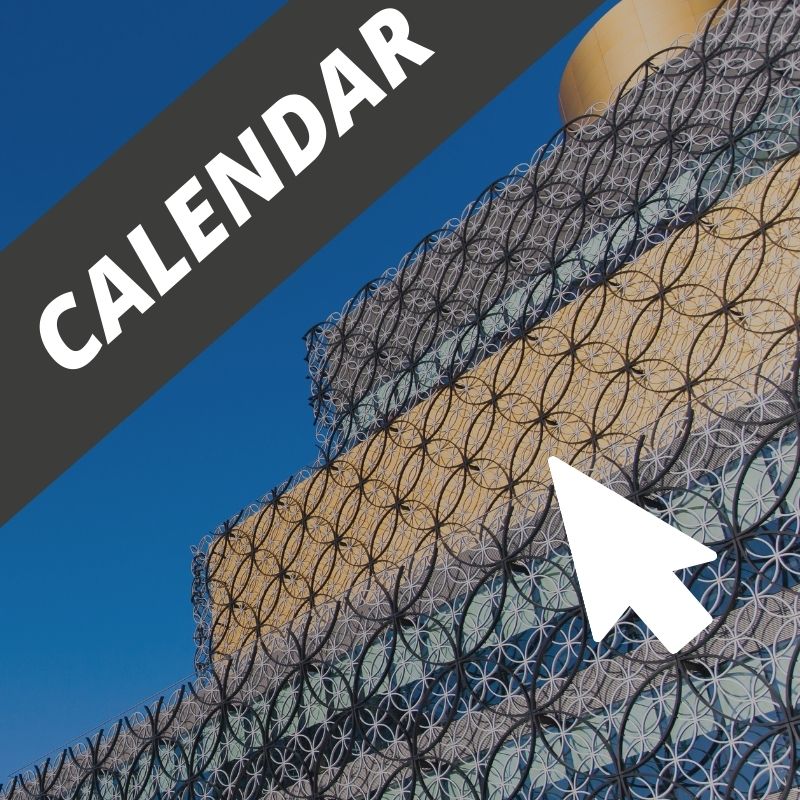Teaching Series Introduction:
People are complex. You and I are complex. How do we understand ourselves and each other? How do we move toward one another in God-honouring ways? How do we love wisely in the context of everyday relationships?
(Michael Emlet)
One of the most memorable songs in recent years is the song ‘Human’ by Rag ‘N’ Bone man. It’s an honest reflection on the complexity of human relationships, with the line ‘I’m only human after all. Don’t put your blame on me.’ It’s something we’ve all felt at times – I’m just human, don’t expect perfection! The word ‘human’ originally means ‘of the earth’. It’s where we get our word humours from – dust, from the ground, from the earth.
During 2020, we’ve had a glimpse of some of the limits of our humanity, but also some of the best of us humans. And, as we begin to emerge out of this pandemic, it’s worth getting back to basics to remember some foundations of what it means to be human. When we know who we are, we can rebuild for what’s ahead.
Our guide will be the very opening words of the Bible. Yes, the first few chapters of Genesis provide is with rock-solid foundations to be able to navigate uncharted times. We’ll be thinking about our purpose, our relationships, our sexuality, our identity, and how we live in changing times. We’ll be grappling with some pretty big questions that we all face in life.
And as we do so, we’ll discover the freedom in being neither dust nor divine. Yes, join us at Riverside to find the freedom in being able to say “I’m only human after all!”
Session 3
Title: Human – Session 3: Why Am I Here?
By: Sarah Auger
Date: 31 January 2021
Bible Passage: Genesis (Chapter 1, verses 28 to Chapter 2, verse 17)
Work is a good gift from God. But, work should never be a god. This is pre-fall and so we know that work is not a curse. It’s when we realise that we join with God in his work that we discover purpose. And we also discover how to rest from work.
Children’s Resources:
If you would like to know about how you can get connected with our children’s groups please contact us, we would love to hear from you.
Activity Sheet
Colouring Sheet
Youth Resources:
Resources are sent out to all parents each week via e-mail. If you are not receiving these emails or would like to know about how you can get connected with our youth groups please contact us, we would love to hear from you.
Study Questions
- Imagine you’ve met someone for the first time and they ask “Do you work?” How would you answer them? How do we decide what is classed as “work” today?
- Read Genesis 2:1-3. God is described as ‘resting’ from his ‘work’. How might this change how we see work? What importance does it give to both ‘work’ and ‘rest’?
- Read Genesis 2:4-17. Notice that humans are given the task of work too (v5 & v15). In what ways are we therefore called to carry on the ‘work of creating’ (v3) that God had been doing? What might this have to say about how we live and work today? How does this broaden our idea of work beyond just being paid employment?
- ‘Work is a gift but not a god’. Do you agree? What does this mean for your life today?
- Timothy Keller writes, “Work of all kinds, whether with hands or mind, evidences our dignity as human beings—because it reflects the image of God the Creator in us.” How to does the change how you see your role in society?
- Note down all of the ways that God provides in these verses. What does that tell us about the relationship between God and the world he created?
- Take some time to pray for the ‘work’ that you are involved with (whether paid/unpaid, voluntary/employed and formal/ informal). Pray that you would see this ‘work’ as he does.
FURTHER STUDY RESOURCES
ARTICLE: https://sola.network/article/goodness-purpose-dignity-work
ARTICLE: https://tifwe.org/the-dignity-of-all-work/
ARTICLE: https://ccl.moore.edu.au/resources/chase-kuhn-the-dignity-of-work/
ARTICLE: https://www.publicchristianity.org/creation-minus-the-creator/
VIDEO: https://youtu.be/SzJKwoAeeX4
Watch Online: YouTube
Listen Online: Podcast
Transcript:
Today we are going to be continuing in our series of human, which Tim has so brilliantly started for us over the last two weeks. And last week we heard about the fact that we read in the words of Genesis, right at the start of the Bible that we have been made in God’s image. That the whole of God’s process of creating led up to the fact that we were weighed as His centerpiece, His masterpiece, the pinnacle of God’s creation was His creation of humanity. And that we are here as His image. That we were crowned as the royalty of creation and almost given a priest like role in creation. So, just as the priests were there to attend and look after the temple and help lead people into God’s presence, that God made us as humanity on this earth to take care of this earth. To look after this earth and to display his image throughout this whole earth.
Now next week Nathaniel is going to be looking specifically at what this kind of idea of creation care really means for us now. What does it mean for us to take care of the world that God has given to us? But this week we are going to specifically be looking at the whole area of work. What is it that God has given to us as the purpose for our lives? And we’re going to look, what is it that before the fall, before things got a bit messed up, what was it that God gave as our purpose for us as humans on this earth, through our whole lives? We’re going to look at kind of post-fall in a few weeks’ time, but right now what was God’s ideal intention for us and for our purpose of creation in this earth? Now, I don’t know about you, but probably for many people the idea of work at the moment probably brings up lots of different thoughts and feelings.
It might be that you hear the word work and you feel overwhelmed. Because right now work is so tough, it’s so full on and you are dealing with things that are so hard. For others work might come with real concerns through redundancy, through furlough, through just not knowing what the future looks like. It might be that when you hear the word work, you’re thinking of the kind of juggle of homeschooling and working or life and homeschooling. It might be for some of us this morning, we hear the word work and actually we feel a bit frustrated. Because in this season we don’t have that much to do. And so we’re feeling bored. We’re wishing we did have more in our lives that we could be doing. Because the idea of work has become quite ingrained in our society to mean the things that you do that give you worth and value and importance.
We’ve all been at those parties where someone says, “What do you do?” And often we answer with what we do for our paid work. And there’ve been times in my life when I haven’t been in paid work where I’ve struggled to know how to answer that. Because do we put the same value on the things that we get paid for or we don’t get paid for? What are the important things that we do in our lives? And so often our identity, our self-worth and our value is found in the thing that we called work. That actually often work has become a little bit of a god in our lives because we put on a pedestal, “Am I as busy as I should be? Am I busier than that person? Have I got the dream job? Am I getting the most money? Am I making the most impact with my life that I possibly can be doing?”
But let’s look at what God says. Right at the beginning of creation in chapter one of the book of Genesis, what is it that God says about the worth and the value that He places on the purpose that He’s given our lives? So, as we’ve heard read to us in chapter one verse 28. The first commandments that God gives to humanity after we’ve been created is this. “God bless them and said to them, be fruitful and increase in number. Fill the earth and subdue it. Rule over the fish in the sea, the birds in the sky and over every living creature that moves on the ground.” Now, one of the things that really strikes me about that verse, is that that is a verse, some words, a commandment that God gives to the whole of humanity. This isn’t just specifically for Adam and for Eve. This is a commandment given for all of us. Because God says, “Be fruitful, increase in number, fill the whole earth.”
Now I assume God wasn’t thinking that Adam and Eve were going to do that. Fill the whole earth. That would have been quite an incredible task if they had. This was a commandment that God gave for every single human being that He created. And also if you notice there aren’t specific roles given in that. He doesn’t say, “Okay, well Adam, you’re going to be the fisherman. So you go over and look after the fish.” And He doesn’t say, “Okay. Eve, you’re going to do all the accounting. So you work out how much grain we’ve got, and how much and this and that we’ve got.” No. This is a commandment for all people without specific roles within it. And often when we hear the word role or subdue, actually we hear them through human eyes and ears. Where maybe we look at the role that we have seen modeled to us, in humans who were in positions of power throughout the world. And we can sometimes think that the word rule or subdue, is actually not a great word.
That somehow us ruling this earth will mean us treating this earth in a wrong way. But we have to remember, this is a commandment given by the one who looks after, who created us. Our God, our Father in heaven, who loves us, who rules and cares for us with grace, with justice, with mercy, with care, with compassion. And so this commandment is given to us, made in God’s image to say, “No, you go and rule with care, justice, mercy, compassion. Just as I give that to you.” And that is the ultimate purpose that God has given for every single one of our lives. “Go, take my image and rule over this earth with the same love, care, compassion, mercy, justice that I show to you every single day.” And the brilliant thing that God then also goes on to say, after He’s given us this commandment, this first thing that He speaks to humanity after our creation, is that He goes on and gives us a promise.
And He says in verse 29, “I will give you every seed bearing plant on the face of the whole earth and every tree that has fruit with seed in it. And they will be yours for food.” So not only does God say, “Okay. This is your purpose. This is what I want you to go and do with your life.” But He says, “And I promise I will provide for you. I will give you the things that you need, so that you can fulfill this purpose that I have given to you.” Now, one of the things that really, really stood out to me when I was thinking about these verses, is actually how different they are from the other creation myths that were around, in the time that the people of Israel would have been reading these scriptures. Throughout the whole of the old Testament, if you have ever read any of it. There are many, many accounts where God’s people time and time again, turn their back on God and stop following the pagan gods of the land.
And God says, “Don’t do that. Live full out for me because I will love you. I will take care of you.” And actually in understanding and listening to what some of these other creation accounts, creation myths say, it helps us to understand the radical difference of the purpose that God gives to our life. I’m just going to read a couple of different words that are in some of the other creation accounts. That would have been familiar to the people of Israel who would have been reading these words in the book of Genesis. Because many of these other creation myths have a lots of different variations, lots of differences, but there is one thing that stands out as very similar in all of them. And that is to do with the creation and the purpose of why human beings are put on this earth.
So let me just read few. So one of them it says, “And the god Marduk declared, ‘Man shall be charged with the service of gods that they might be at ease.'” Another one. “And Enlil said, ‘Let man carry the labor basket of the gods.'” Another one. “And the lesser gods complained they were dredging the clay, complaining about the hard life they needed someone to slave for them.” I could read so many more. Because in these other ancient near East and creation myths that would have been so familiar to the people who were learning about God and how much God loved them. The purpose that was given for humanity was simply to be a slave, to do the work that the gods did not want to do. So in these other creation accounts, we read about the fact that the gods created this earth to be this wonderful place, that they would enjoy, that they would live off, that they would love the food that they would feast, that they would have a fantastic time.
And then as time went on, we read in these myths that the lesser God say, “Hang on, but we’re having to work too hard. We’ve got to dig the clay, we’ve got to get the canals ready, we’ve got to provide the food for the gods.” So they say, “Okay. We need someone who will be a slave, whose purpose in life will be to come onto this earth and do nothing but serve us. And if they don’t serve us and fulfill us, we will get rid of them.” And that was the purpose of humanity. And when we read that and we understand the others or creation myths that people knew about in those days, it helps us to understand things like Tim talked about last week. Where he talked about the practice of exposing babies if they weren’t good enough. If they weren’t the right gender, or maybe if they had some form of disability.
Because if our purpose on this earth is solely to serve the gods and to make sure that we can fulfill their needs. And if we don’t do that, then we are going to get wiped out. Then why would we want to have a baby who cannot serve us by keeping our ground going, by working hard for us? That was what people understood their value and their purpose to be. And yet we read in the Bible that God says something so radically different to each one of us. I read a quote in a book the other day that summed this up beautifully. The difference between the God that we know and love, and the other creation myths that people were following of that day. It said, “In contrast to other ancient near Eastern creation accounts, God did not create Adam and Eve because He was tired of the drudgery of providing for Himself. But that humanity would reflect His glorious image and extending His sacred presence outward into the wider regions of this earth.”
If we see our purpose as extending God’s sacred presence out into the wider regions to the whole earth, then there is purpose and worth in everything that we do. Whether it is paid, whether it is unpaid, whether we are really busy or whether we just feel at times we are really bored. There is worth and there is dignity, in whoever you are and whatever you do. Because your identity is found in being made in God’s image. And your purpose is found in taking care of God’s creation, and taking His image out to the whole of creation. As we read out further in this creation account. So we kind of read chapter one, which is almost like a very poetic form. It’s written like a poem, like poetry. A poetical account of creation. And then we move on into chapter two, which gives another kind of take on creation.
So it’s the same story but it’s almost written in a bit of a pros account, with more detail. And if you’ll notice in this chapter, the way that God has spoken about changes from chapter one. So in chapter one, every time we hear the word, God, we simply hear God. God made, God saw, God did. But as we move into chapter two, God name changes. Because every time we hear the word God, we hear, Lord God. As we move into this more prose account of creation, this more detailed account of creation, we hear God in a relational sense. “Lord God, your way.” That we can be in his presence right from the beginning of creation, in a relationship with Him, where He is with us, where He promises to stay with us and to love us. He’s not just a distant, powerful God shouting commandments at us from a far. He’s a relational God, walking with us, caring for us, seeing us as His masterpiece.
And the wonderful thing, even as we will find out in weeks to come with even as humanity turned their back on God, and they did the things that God asked them not to do. God because He was so relational and so wanted that relationship with us, already had a plan. That He Himself would come as Jesus to this earth, so that each one of us even now can be in God’s presence and have a relationship with Him. Whoever we are, wherever we are, wherever we are. So God did never intend work to be a god. He intended it to be a gift. It was given for us in His creation. And the work was given with a missional purpose. That mission isn’t something that we do. Mission is who we are. Because we were created in God’s image to take His image out into the rest of the world. So there is beautiful purpose in all that we do, but that includes purpose in our rest as well as our work.
Because really significantly on the seventh day after God has done all of this creating, all of this wonderful work, giving us this incredible purpose. It says, “On the seventh day, God had finished the work He had been doing.” And so on the seventh day, He rested from all His work. Then God blessed the seventh day and made it holy because on it He rested from all the work of creating that He had done. Now, I don’t know how you feel currently about rest. We have in our dining room, on our bookshelves, three copies of a book called Take The Day Off. Why we have three copies of this book, I don’t know. But for some reason we do. Now, please hear. It is a brilliant, brilliant book. And it is a great book to help us think about some of these issues of rest, and what we do with our time.
But where it sits, where the books sit on the bookshelf is kind of in my sight line of where I’m sitting at my dining room table, generally with my laptop, doing a bit of work, trying to homeschool my kids. And it’s always a little bit stressful as any of you who are kind of in that situation, I’m sure can imagine. And there’ve been many a time when I have glazed up and seen the three copies on my bookshelf, with right down their spine reading in big letters, take the day off. It is a miracle. I haven’t taken those books at times and flung them out into my back garden. Because every time I look at them, I’m like, “Oh, I’d love to take a day off.”
But actually I’ve been really challenged that my idea of rest, is not actually God’s idea of rest. My idea of rest is, I just want to have a day where I can just be. And I get all dramatic and I start complaining and then as I’m sure many people have done at these times. But actually, if we look at what God says rest is, it is maybe different to how we view rest. Because we know that God doesn’t get tired. God didn’t need to rest because He needed a nap from all of the work He’d done. Now we as humans do need to sleep. That is so important so please don’t hear that I’m saying you shouldn’t sleep. You should sleep. Sleep is so, so important. But we know that God doesn’t need that. It says in Psalm 121, “He who watches over, He will never slumber. Indeed He who watches over Israel will never slumber nor sleep.”
God didn’t need to rest, to catch up on His sleep. God rested because He wanted to enjoy the creation that He had made. And He wanted to bless the creation that He had made. There was an intentionality in God resting. He didn’t rest because He needed to. He rested because He chose to. Because He wanted to sit and stop, and really enjoy the wonder of all that He had made. And actually how many times do we need to be doing that right now? To intentionally putting rest into our day to day? That whether we are really, really busy or whether we’re really, really bored. Still, we intentionally need to stop, and to put rest. Where we look and we enjoy and we go, “Wow, God, You made this for us. You made us in Your image and You gave us this earth that we can take care of it, and we can shine Your image out into the whole of it.”
I was chatting to a friend the other day, and she was saying that she really struggles to rest. And she feels a bit guilty when she sits down on the sofa and stops. And I’m sure many of us might feel like that, but actually we know that that’s wrong. We shouldn’t feel guilty about resting and stopping. It is an intentional act that God models to us. We are not greater than God so if He’s modeling something, let’s model that too. But then in the same conversation, she went on to say, she started making soaps recently. They’re lovely soaps. And she was saying that when she feels a bit stressed or overwhelmed at the moment, she just goes and stands with her soaps, and she sniff them and looks at them and enjoys them. And that she was saying that really kind of calms her down and she really enjoys doing that.
And I felt what great example of resting, of enjoying creation, of taking time out and doing something where you just go, “Wow, this is brilliant. I love this.” What are the things that you were going to do? You intentionally going to put in your life to say, “I’m going to stop.” Even just for a few seconds in that fleeting moment where I can. Even if it is, “I’m so busy homeschooling kids and juggling life but when I go to the toilet, I just turn the taps on. I go, wow! There is water that comes out of these taps that doesn’t happen everywhere. Thank you, God.” Just taking those moments to let your soul rest and enjoy the things that God has given to us. Because there is purpose and worth in all that you do. There is purpose and worth in your work. There is purpose and worth in your rest.
So as we come to the close now, we’re just going to spend a few seconds just praying, and really giving to God all those things that we have maybe got a little bit wrong in our thinking. Where we have put work and the stuff that we do in our busyness as our value and our worth. Not realizing that our purpose is found in that we have been made in His image, to take His image out into the whole world. And every one of us can do that. And that may be this morning if you don’t know what it is to be made in God’s image. If you don’t know what it is to have this purpose of sharing His image. Then I would just encourage you, give the Alpha course a try. Find out what it is to be in relationship with a God who loves you, who gave His son to this earth so that we could be restored in an incredible relationship with Him. You are so worthwhile in everything that you do.
So let’s just pray. God, I want to thank You for this wonderful model that You gave us at the beginning of creation. God, I thank You that you created us to have worth, to have dignity in everything that we do. And God, I pray that in all that we do, we would always be people who would take your image out into the rest of this world. God, we wouldn’t help but be able to share of what the difference knowing You in our lives makes. Thank you that we were not made as Your slaves, but we were made as Your masterpiece. God help each one of us today, to know that we are Your masterpiece. And help us in times of both work and rest, to enjoy this wonderful creation that You have given to us. Amen.

